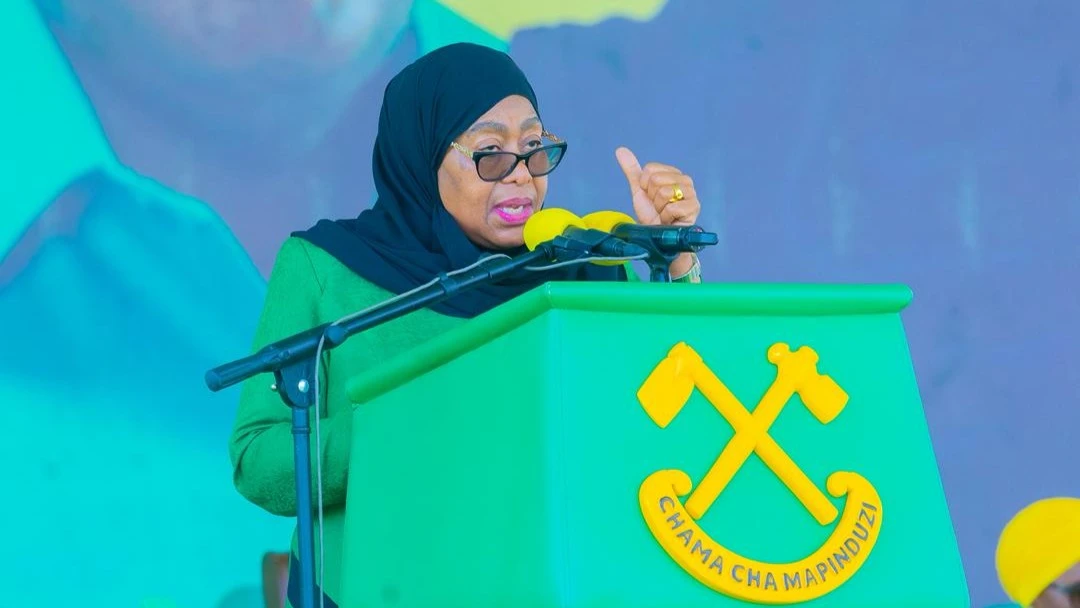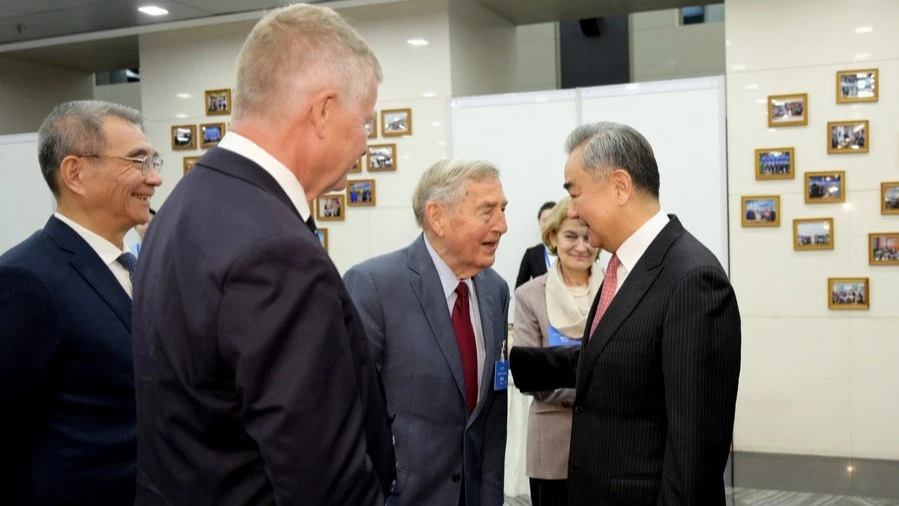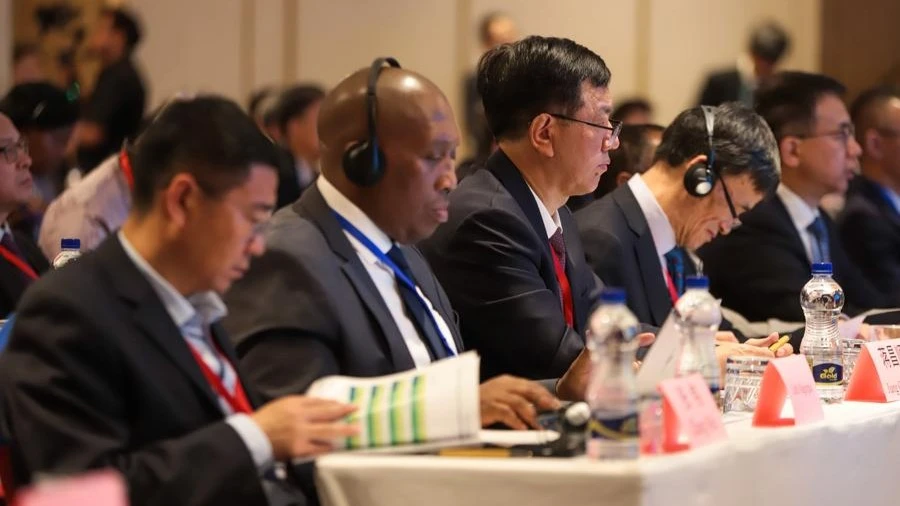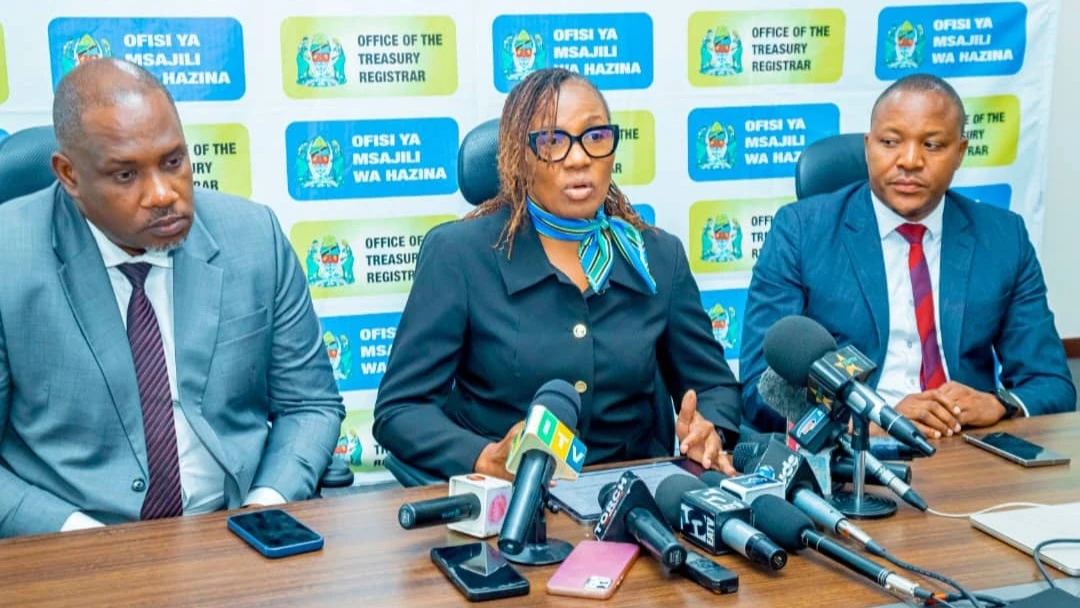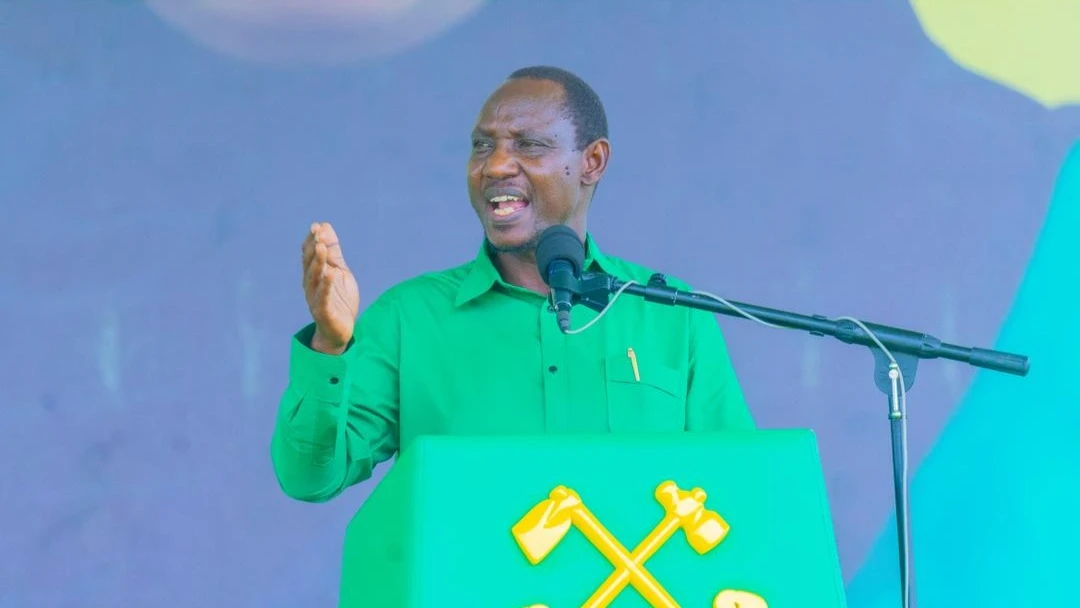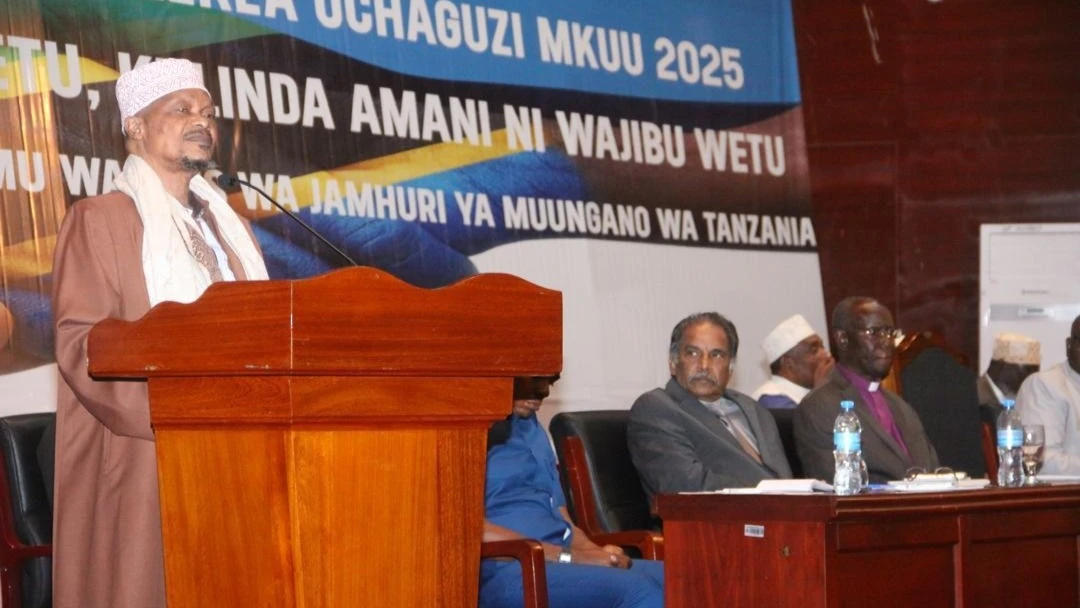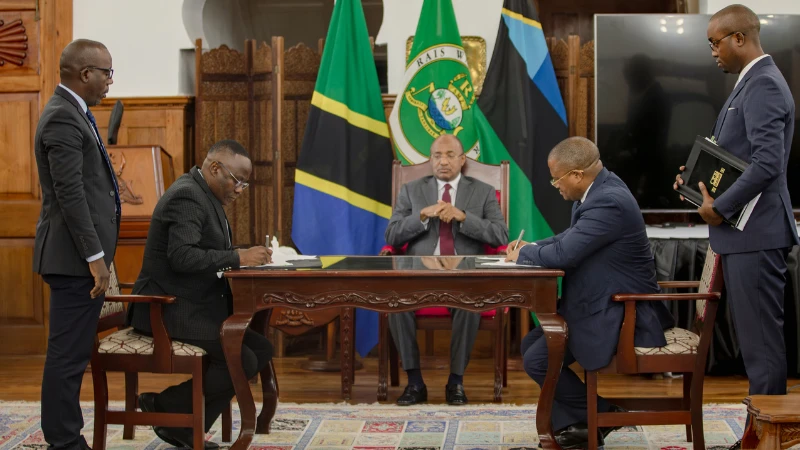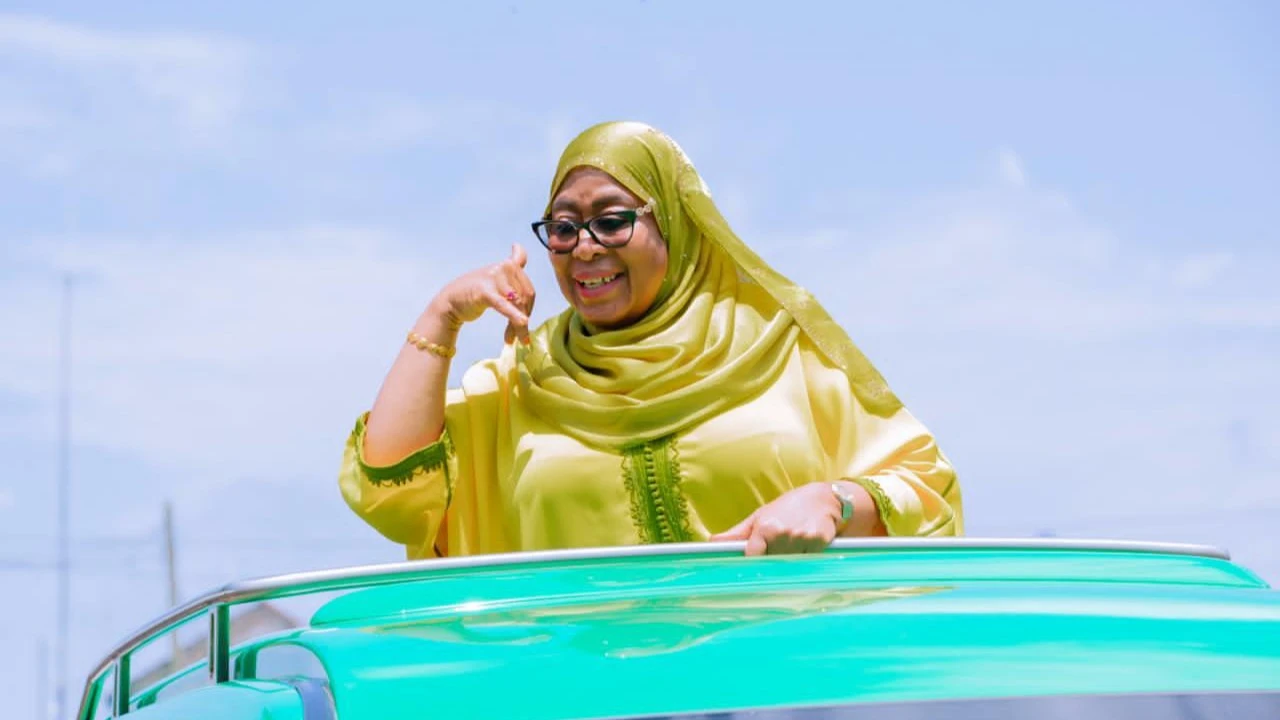Parliament adopts Vision 2050
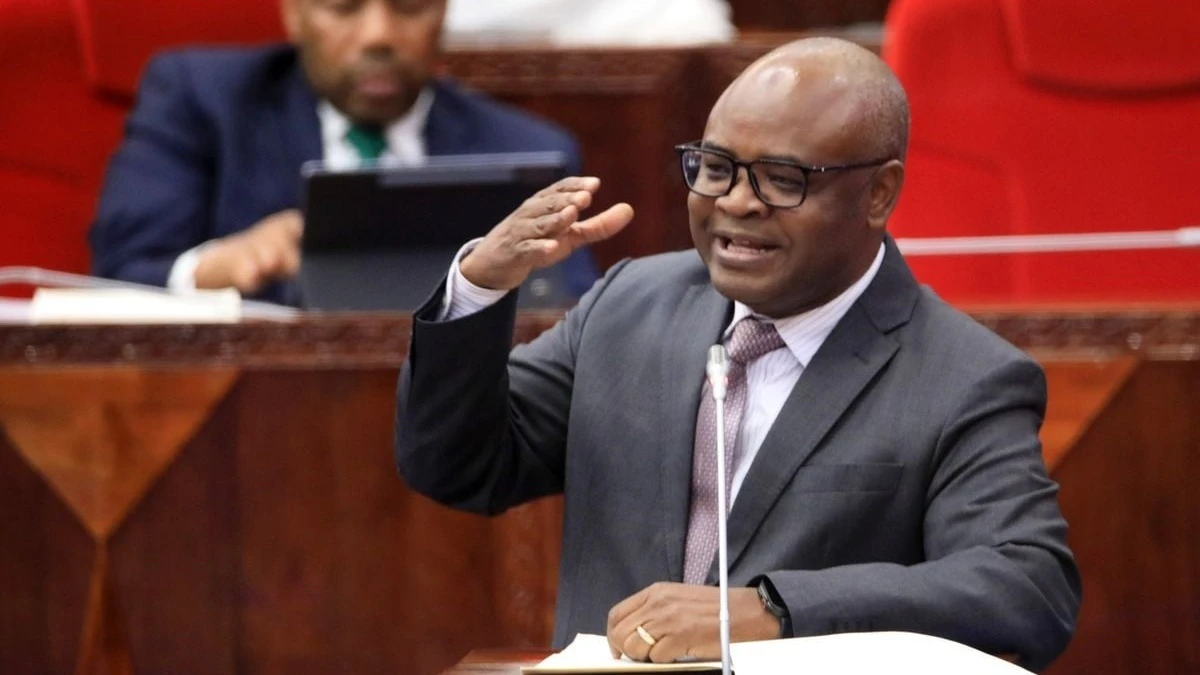
VISION 2050 is geared to achieve an average annual GDP growth rate exceeding 8.0 percent and a gross domestic product (GDP) per capita of $12,000 by 2050, signifying high-income status, the government has affirmed.
Prof. Kitila Mkumbo, the Planning and Investment state minister in the President’s Office, said when tabling the National Development Vision 2050 in the National Assembly yesterday, that Vision 2050 is far more than an economic blueprint.
It is a people-centred strategy deeply rooted in Tanzania's national values, historical progress and the shared aspirations of its citizens for a brighter, more prosperous and sustainable future.
The vision strongly emphasizes good governance, peace and national unity as fundamental prerequisites for long-term sustainable development, upholding constitutionalism, gender equality, civil liberties and media freedom, as it recognizes these values as cornerstones of a progressive society, he stated.
The development blueprint seeks to build a society free from gender-based violence and child abuse, where all individuals—regardless of age, ability or background—can live in dignity, safety and equality, the minister underlined.
As successor to the outgoing Vision 2025, the comprehensive document articulates a future Tanzania that is competitive, inclusive and resilient in its economy, firmly rooted in democratic principles, the rule of law and fundamental respect for human dignity, he declared.
“At its core, Vision 2050 pledges an unwavering commitment to upholding democracy, human rights and ensuring equal access to justice for all citizens.
“The document meticulously outlines a robust governance system built on pillars of integrity, transparency and accountability, signalling a firm stance against corruption at all levels.
“It calls for the establishment of strong public institutions that are capable of delivering impartial and efficient services, thereby fostering public trust and confidence,” he explained.
The vision champions inclusive leadership, actively seeking to empower youth, women, older persons and people with disabilities to play dynamic and meaningful roles in shaping the country's future trajectory, he stated.
Vision 2050 is strategically anchored on a strong, inclusive and competitive economy with a view to position Tanzania as a leading industrial hub in the region, he said, pointing at the need to maintain macroeconomic stability, ensuring policy consistency, fostering domestic entrepreneurship and forging stronger regional and global trade partnerships.
Human capital and social development is seen as a critical pillar focused on nurturing an educated, healthy and cohesive society, placing particular emphasis on enhancing the quality of education, with a strong focus on science, technology, engineering and mathematics (STEM) fields.
It is also bent on universal healthcare access, ensuring clean water for all and establishing inclusive social protection structures for marginalized or vulnerable groups, he said.
He specifically said that the vision targets 100 percent literacy and an increased life expectancy of 80 years on average, underlining environmental sustainability with climate resilience measures.
The vision seeks recognizing the growing global and local environmental challenges as a central theme, demanding the sustainable use of natural resources, robust biodiversity conservation efforts and proactive climate change mitigation strategies, as it is of expanding urban and rural communities.
Targeting the planting of millions of hectares of forests and significantly reducing carbon emissions, Vision 2050 identifies an integrated transport infrastructure as pivotal, setting Tanzania as a regional logistics hub, facilitating trade and connectivity.
It roots for prioritizing clean and sustainable energy sources to power industrial growth and ensure universal access to electricity, while fostering innovation and technological advancement across all sectors, he said.
The blueprint projects investing in knowledge creation and application to drive progress via digital transformation, leveraging digital technologies to modernize services and enhance citizen participation in development, he asserted.
“These enablers are designed to boost industrial productivity, modernize services and expand active citizen engagement in the development process,” he said, pointing at
Vision 2050 is seeking to position Tanzania as a trusted global development partner.
It will remain committed to contributing to peace, environmental sustainability and innovation across Africa and on the global stage, he said.
"The government has an ambitious 25-year blueprint designed to transform the nation into a prosperous, equitable and industrialized high-income country by mid-century, with a strong emphasis on green growth and climate resilience,” he added.
Top Headlines
© 2025 IPPMEDIA.COM. ALL RIGHTS RESERVED








